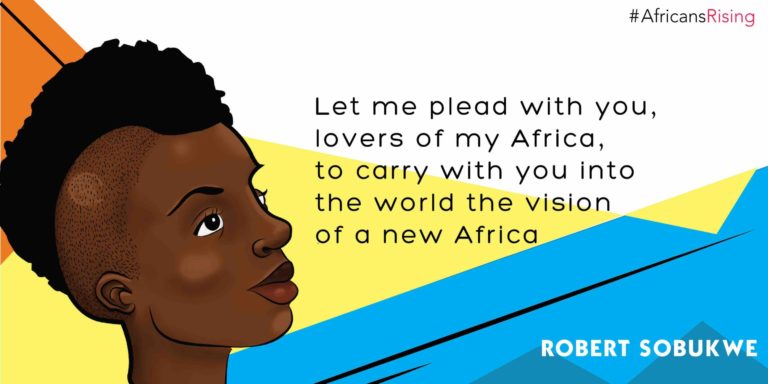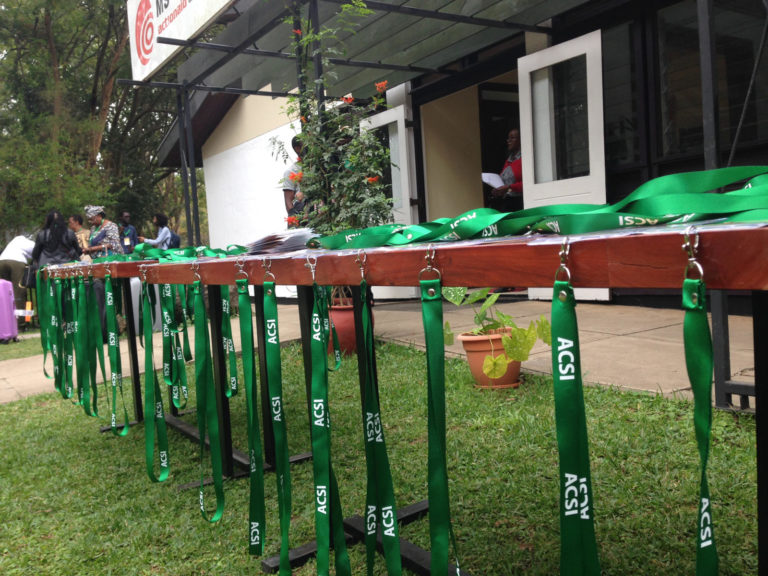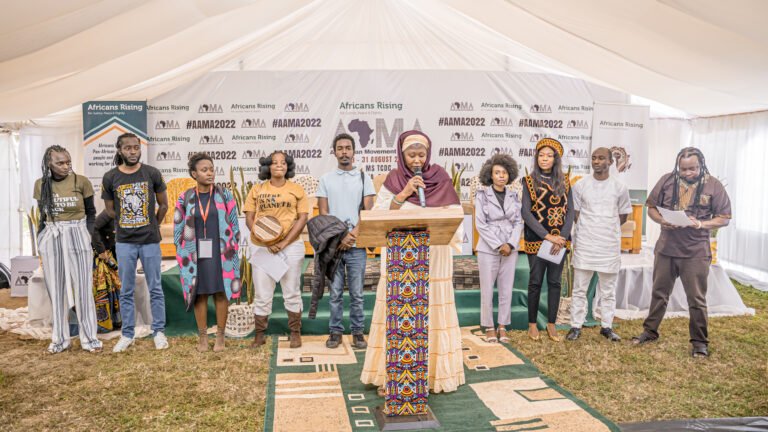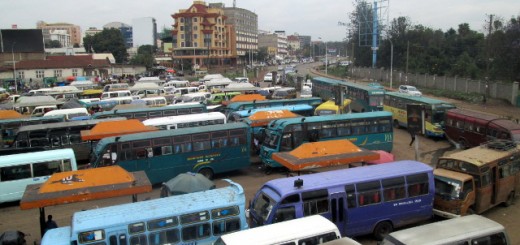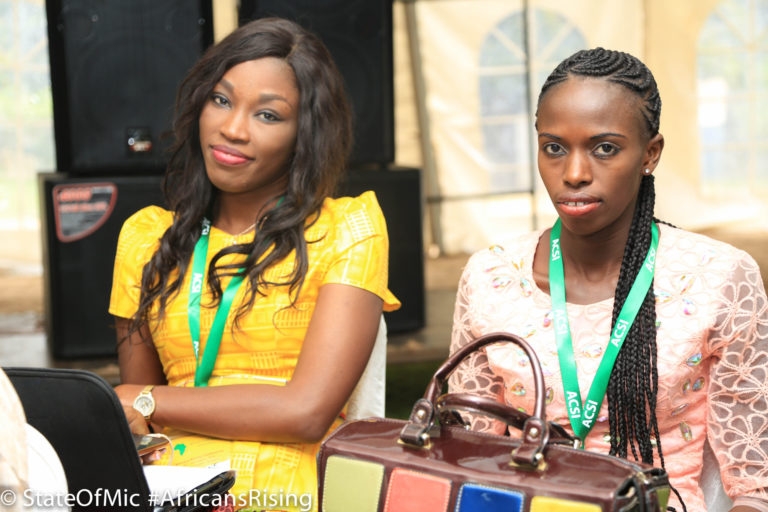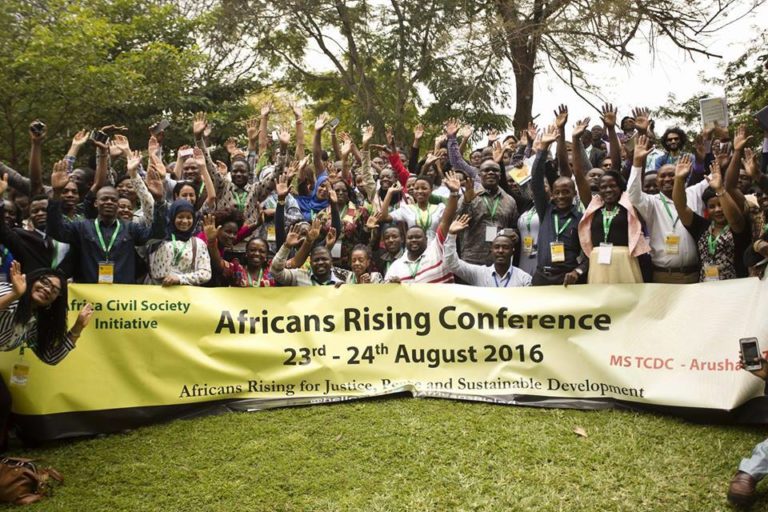Breaking Borders, Building Africa: Ambassador Salah Hammad’s Call to Action on Free Movement and Integration
key note address by H.E Amb Salah Hamad ,head of African governance architecture (AGA) on the occasion of commemorating Africa integration day 2025 convened by Africans rising under the flagship campaign borderless Africa.
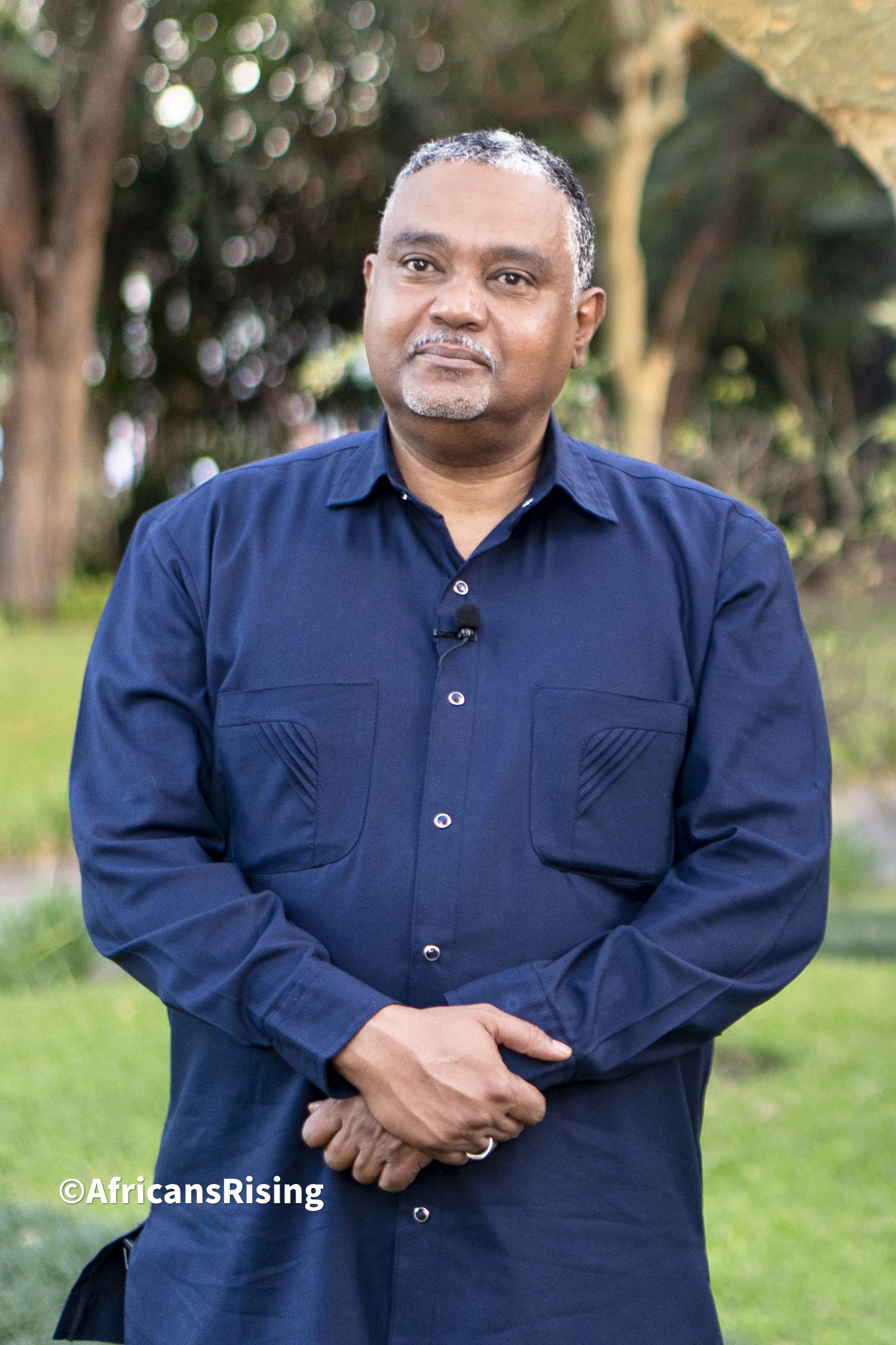
At a time when Africa stands at a critical crossroads; between potential and paralysis, vision and implementation, Ambassador Salah Hammad’s keynote address at the Africa Integration Day 2025 webinar was both a reflection and a rallying cry. Speaking on the theme “From Policy to Practice: Evaluating Regional Integration and the Ratification Journey of the Free Movement Protocol in Advancing Agenda 2063,” the AU diplomat laid out both the historic foundation and the unfinished business of continental integration.
H.E Amb Salah Hamad begun his address by thanking the Africans Rising team for inviting the African Union through the African governance Architecture (AGA) and re- affirmed the commitment and support from the Union in supporting initiatives that are geared towards a borderless Africa.
A Tribute to the Visionaries of Africa
Ambassador Salah began with reverence, paying tribute to the founding fathers and mothers of Africa who dared to dream of a united, peaceful, and prosperous continent. Their vision enshrined in the Abuja Treaty of 1991 was clear: establish regional economic communities, harmonize policies, liberalize trade, and create a common market rooted in the free movement of people, goods, and ideas.
Today, over three decades later, he posed a poignant question: “Where are we now with the implementation of this vision?”
The Abuja Treaty: Foundation, but Not Fulfilled
While Regional Economic Communities (RECs) have made considerable progress, Ambassador Salah acknowledged the biggest hurdle remains implementation. Too often, treaties are signed and even ratified, but never domesticated into national law. Citizens, he emphasized, are left unaware of these frameworks and the opportunities they hold. It is not enough for policies to exist on paper. Real integration must be lived and felt by ordinary Africans in their daily movement, trade, and interactions.
The Free Movement Protocol: The Missing Link in Integration
At the heart of his address was the AU Free Movement Protocol (FMP) adopted in 2018 but still awaiting the 15-country ratification threshold to come into force. Salah called it the missing link in Africa’s integration journey.
While the African Continental Free Trade Area (AfCFTA) has gained momentum, its full promise remains stifled if people themselves cannot move.
“You can’t move goods without a driver in the truck,” he joked, underscoring the absurdity of facilitating trade without facilitating human mobility. In his view, free movement is not just an economic necessity, but a cultural and political imperative. It is about enabling Africans to share skills, knowledge, and aspirations across artificial borders.
A Personal Reflection from Malabo
Speaking from Malabo, Equatorial Guinea, Ambassador Salah shared a candid observation: the city, though clean and peaceful, felt eerily empty. At the airport, African travellers faced visa barriers, a stark reminder that the continent’s colonial-era borders are still very much alive.
“Africa’s borders were not drawn by Africans,” he reminded participants. Now, it is up to Africans to dismantle them.
Global Lessons: Migration is Power
He drew lessons from the United States and the European Union; societies that flourished through migration, diversity, and open borders. For Africa to become strong, he argued, migration must be embraced as a tool for development, not feared as a risk.
“Migration will make us stronger, not weaker. Diversity is our advantage.” He added.
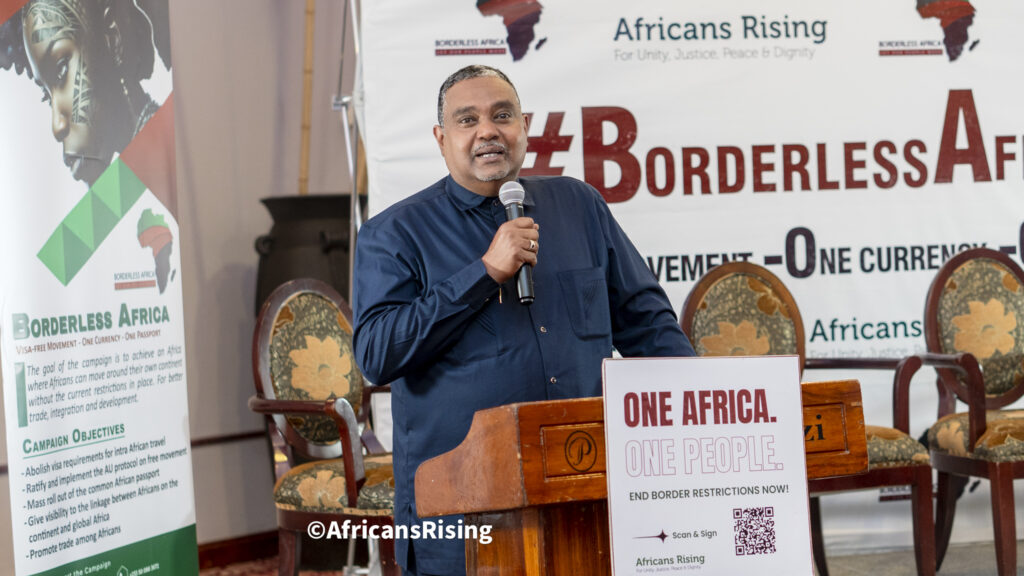
From Policy to Practice: The Path Forward
Ambassador Salah concluded his keynote with three powerful recommendations:
- Youth Mobilization: The future lies in the hands of the youth. It is up to young Africans and civil society to push for the ratification of the Free Movement Protocol, not as a bureaucratic milestone, but as a people-powered revolution.
- Implementation and Domestication: Ratification is only the first step. Countries must embed the protocol into their national laws and translate it into real policies and practices.
- Mass Awareness and Popular Ownership: Most citizens don’t even know that the FMP exists. Civil society must step in to raise awareness, demystify AU policies, and bring the AU closer to the people.
The Call to Action
- Ambassador Salah’s address was not simply a lecture; it was a call to conscience. A united Africa is not a utopia, he argued, but a necessity; for justice, for prosperity, for dignity. And achieving it requires all hands-on deck: governments, civil society, and above all, young people.
- The African integration agenda cannot afford to be a top-down elite project. It must be a bottom-up people’s movement, and the Free Movement Protocol is the litmus test of our commitment to Pan-Africanism.
As he concluded, he left listeners with both hope and responsibility:“Together, we will make it. Together, we will build the Africa we want and the Africa we deserve.”
- Let us not just remember these words. Let us act on them.

